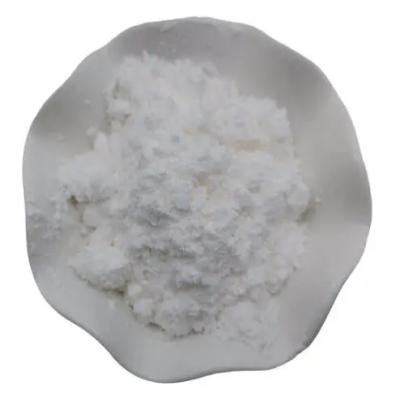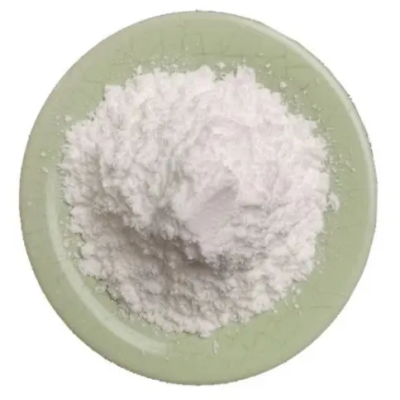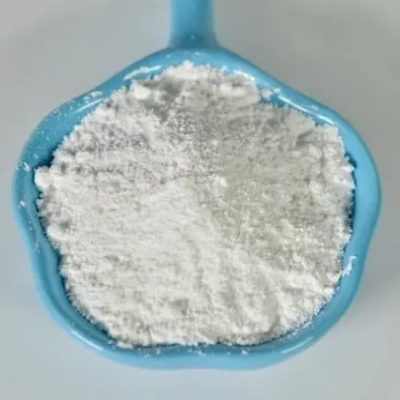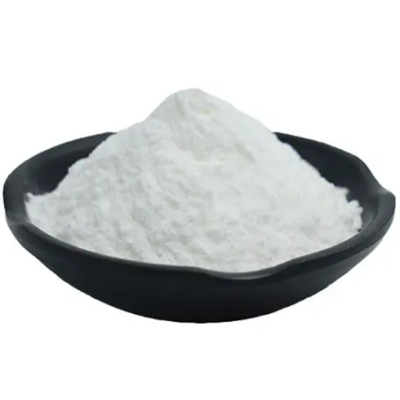Zinc iodide CAS:10139-47-6
The English use of zinc iodide primarily revolves around its role as a catalyst in various chemical reactions. It is particularly useful in organic synthesis, where it promotes specific transformations and facilitates the formation of desired products. Zinc iodide can be employed in a range of reactions such as Friedel-Crafts acylation, hydroamination, and cross-coupling reactions. Furthermore, zinc iodide finds use in the production of other zinc compounds. It serves as a precursor or starting material for synthesizing a variety of zinc-based materials, including zinc oxide, zinc sulfide, and zinc nanoparticles. These materials have applications in industries such as electronics, optoelectronics, and pharmaceuticals. Moreover, zinc iodide is utilized in research and development activities within the scientific community. Its unique properties and reactivity make it valuable in exploring new synthetic methods and developing novel materials. It serves as a building block for designing and fabricating functional materials with tailored properties. Additionally, zinc iodide has potential applications in the field of medicine and healthcare. It can be used as an additive in dental materials, such as dental cements and adhesives. Zinc iodide has also been investigated for its antimicrobial properties, making it a potential candidate for applications in wound healing and infection control. Overall, zinc iodide's significance lies in its versatile applications as a catalyst, precursor for other zinc compounds, and tool for materials research. Its contributions to organic synthesis, materials science, and potential medical applications make it a valuable compound in various industrial, academic, and scientific fields.
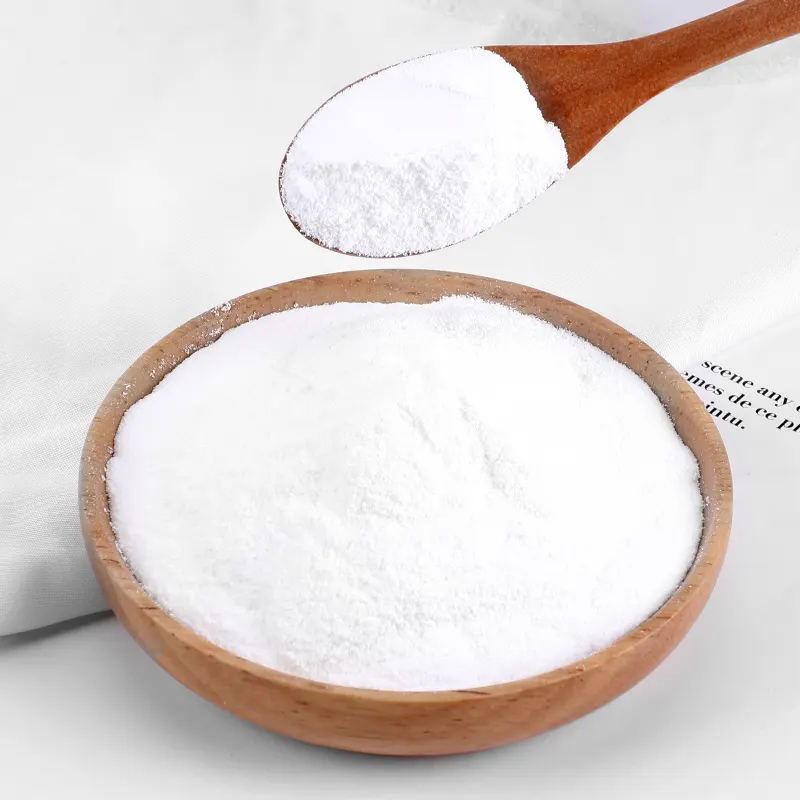
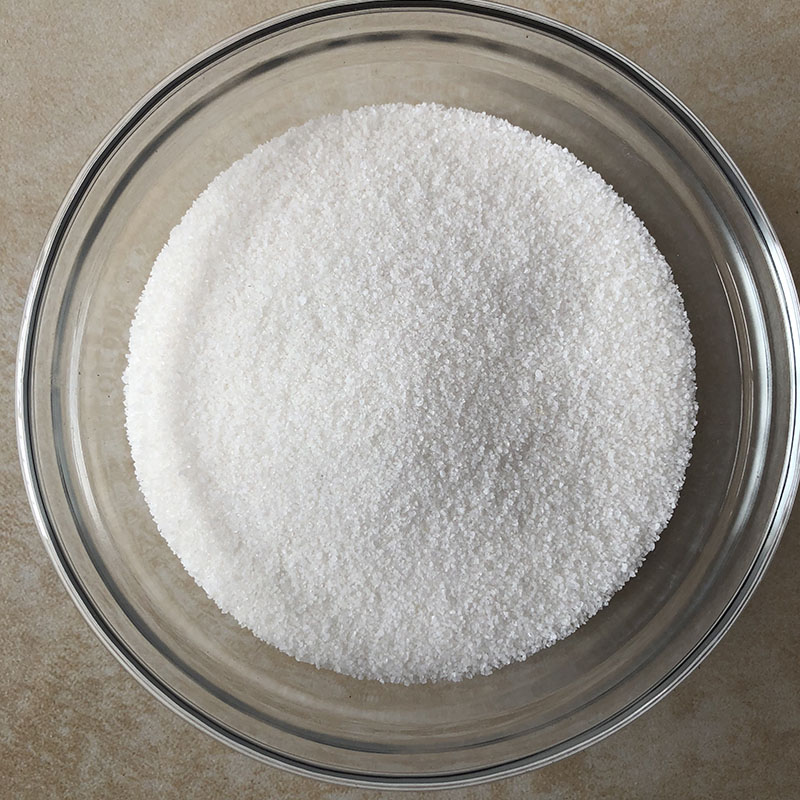

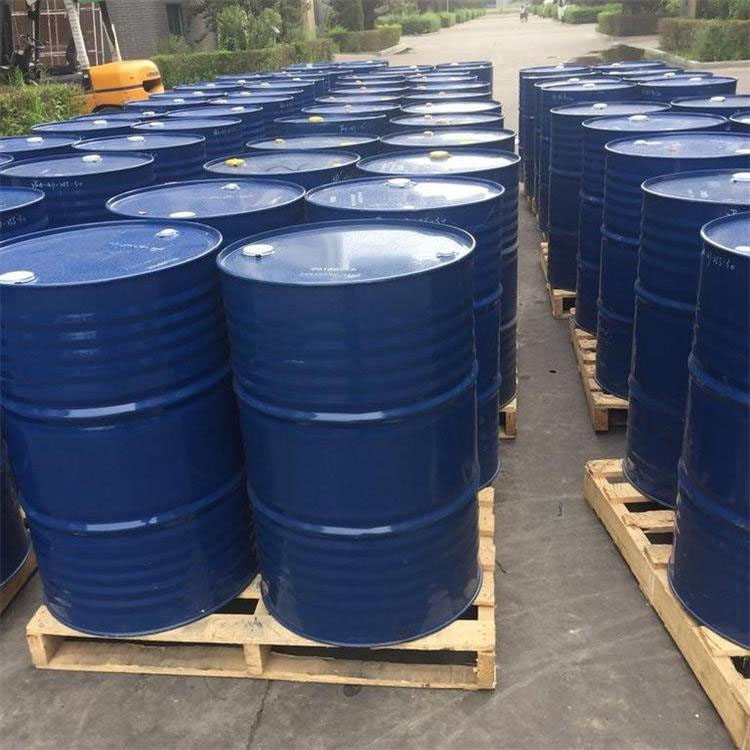
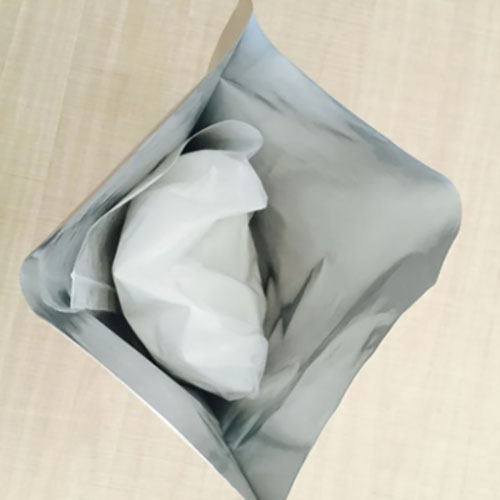
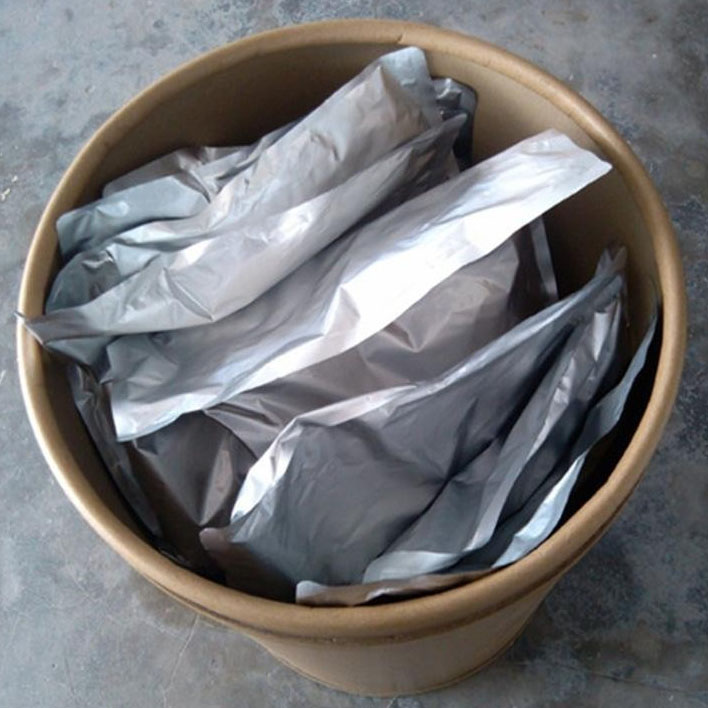
| Composition | ZnI2 |
| Assay | 99% |
| Appearance | white powder |
| CAS No. | 10139-47-6 |
| Packing | Small and bulk |
| Shelf Life | 2 years |
| Storage | Store in cool and dry area |
| Certification | ISO. |


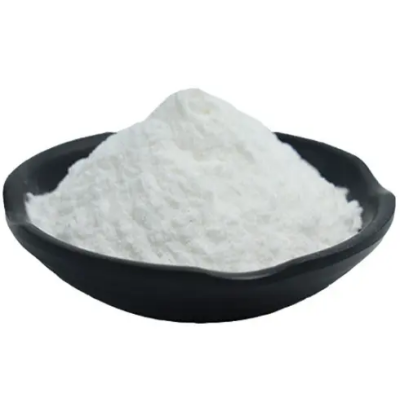

![(+)-(3r,5s), Tert-Butyl 7-[4-(4-Fluorophenyl)-6-Isopropyl-2-(N-Methyl-N-Methylsulphonylamino)-Pyrimidin-5-Yl]-3,5-Dihydroxy-6(E)-Heptenate (R1.5 Or T-Butyl-Rosuvastatin) CAS:355806-00-7](https://cdn.globalso.com/xindaobiotech/K@NIE7HBAEP6E7J7DS227.png)
